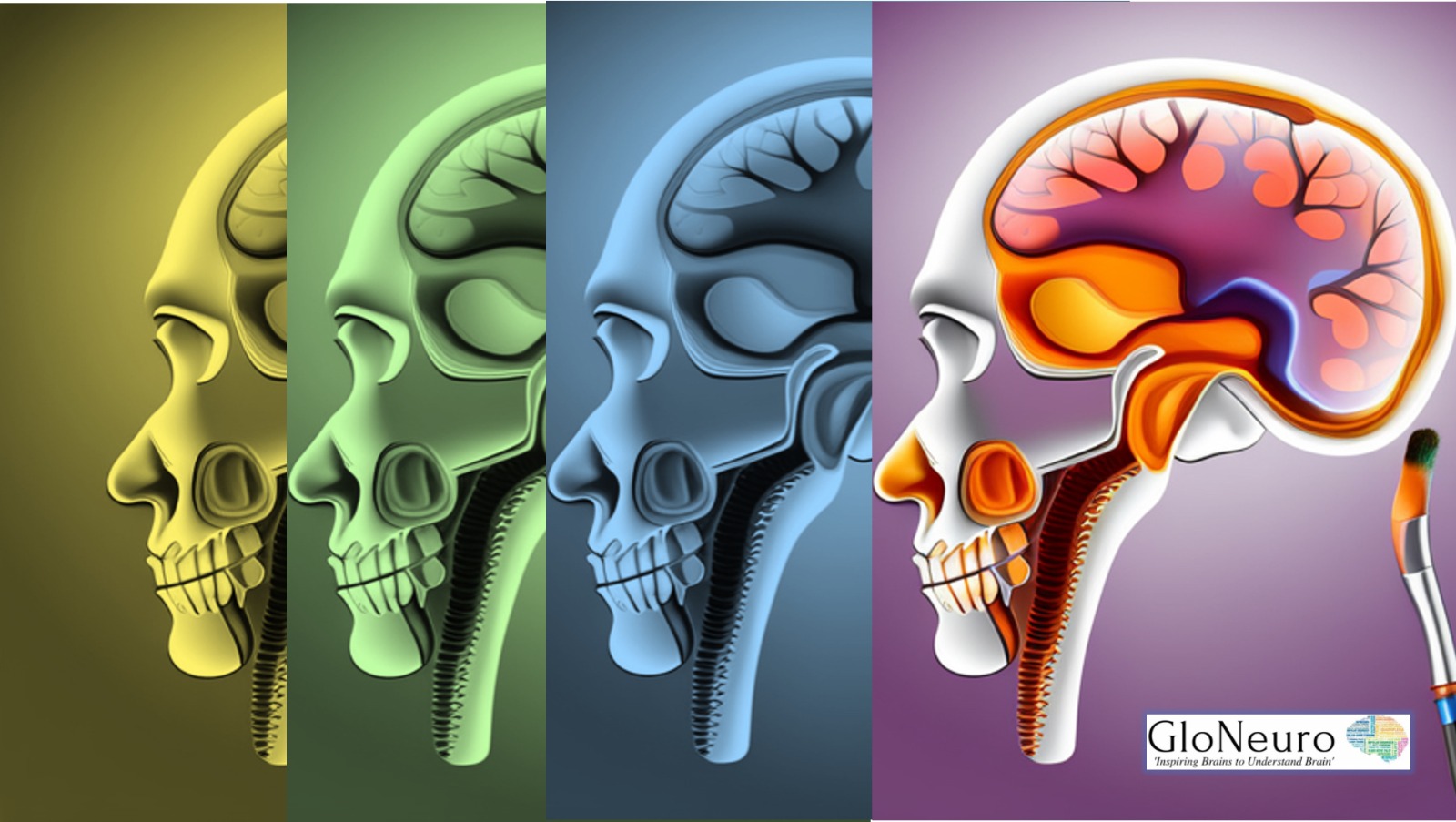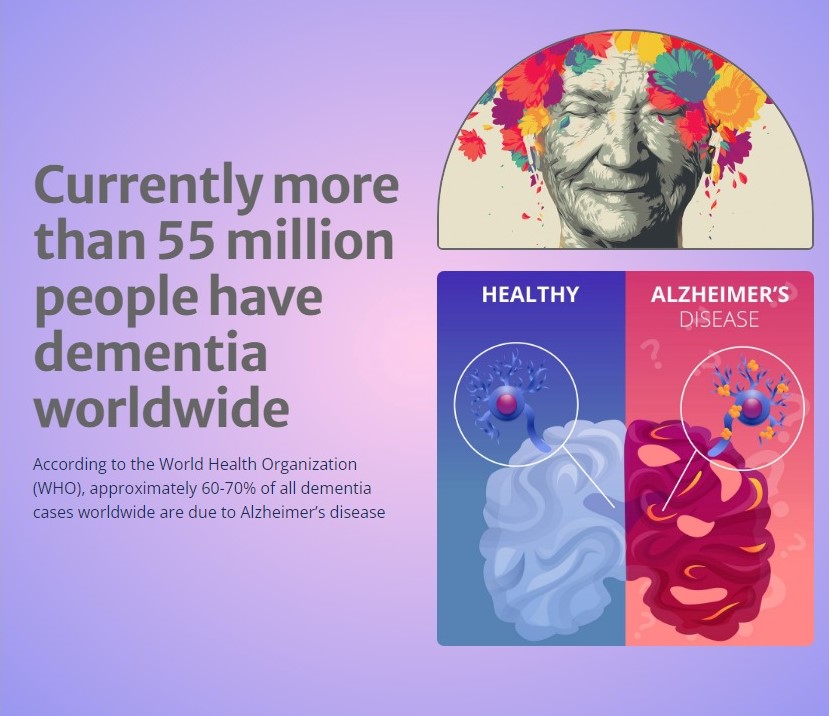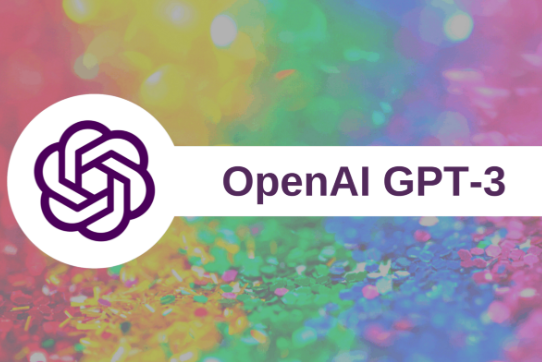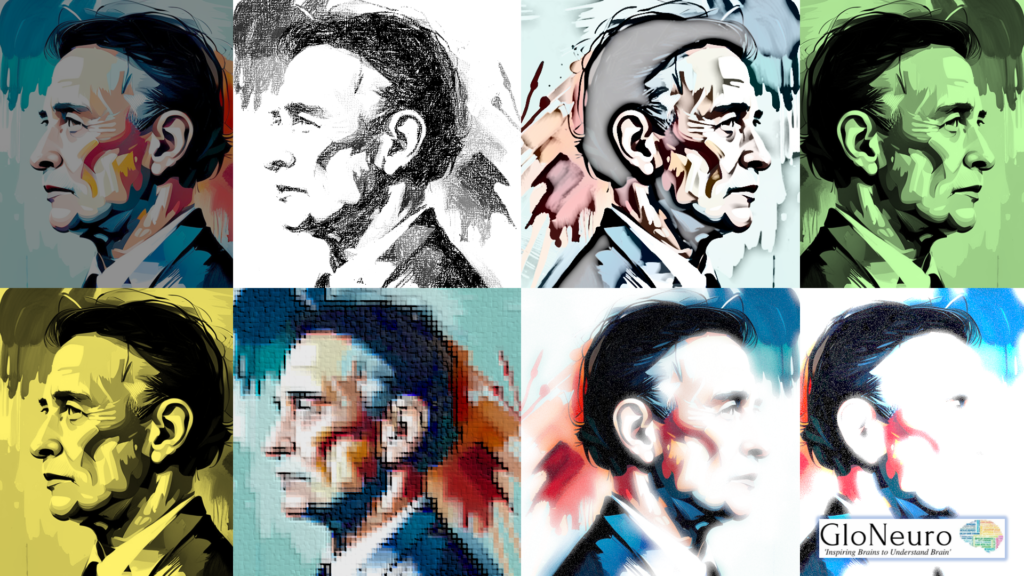Step into the realm of the enigmatic and join us on an extraordinary expedition into the mysteries of the human brain. In this captivating GloNeuro blog, we venture into the depths of Alzheimer’s disease, an affliction that challenges our understanding of memory, cognition, and the very essence of who we are. Prepare to be captivated as we unravel the secrets of this complex condition, delving into the intricate workings of the mind and embarking on a quest for answers that will leave you spellbound.
Today, we embark on a captivating journey through the intricate landscape of the human brain, focusing our attention on a formidable adversary known as Alzheimer’s disease (in short, AD). Prepare to delve into the depths of this complex condition and unlock its secrets as we navigate the realms of memory, cognition, and the mysteries of the mind.
Alzheimer’s disease is a progressive neurodegenerative disorder that affects millions of people worldwide. Named after the German physician Alois Alzheimer, who first identified the condition in 1906, it is the most common cause of dementia, a syndrome characterized by a decline in memory, thinking, and reasoning abilities.
The intricate workings of the brain become disrupted as Alzheimer’s disease gradually erodes neural connections, causing a wide range of cognitive impairments. While the exact causes of the disease remain elusive, scientists believe that a combination of genetic, environmental, and lifestyle factors contribute to its development. One of the most prominent hallmarks of Alzheimer’s disease is the profound impact it has on memory. As the disease progresses, individuals may experience difficulties in retaining new information, recalling past events, and recognizing familiar faces. This impairment stems from the accumulation of abnormal protein deposits, such as beta-amyloid plaques and tau tangles, which interfere with proper neuronal communication and function. Beyond memory loss, Alzheimer’s disease can significantly affect various cognitive functions. Individuals may struggle with language and communication, face challenges in problem-solving and decision-making, and experience a decline in attention and concentration. These changes can lead to frustration, confusion, and a sense of helplessness, not only for those affected but also for their loved ones.

Driven by the desire to find effective treatments and, ultimately, a cure, researchers around the globe tirelessly work to unravel the complexities of Alzheimer’s disease. Investigations delve into various areas, including genetics, cellular mechanisms, and potential therapeutic interventions. Exciting advancements, such as the development of biomarkers for early detection, provide hope for future breakthroughs. While a definitive cure for Alzheimer’s disease remains elusive, adopting a proactive approach to brain health can significantly impact its progression. Lifestyle factors such as regular exercise, a balanced diet, mental stimulation, and social engagement have been associated with a reduced risk of developing the disease. Additionally, early diagnosis and the management of related conditions, such as hypertension and diabetes, can help mitigate its impact.
Living with Alzheimer’s disease affects not only individuals diagnosed but also their families and caregivers. The emotional and physical toll can be immense, making support networks and resources vital. Numerous organizations and communities worldwide offer guidance, education, and compassion, fostering understanding and empathy for those navigating the challenges presented by Alzheimer’s disease. To all neuroscience enthusiasts and students, Alzheimer’s disease presents an opportunity to contribute to the understanding and management of this complex disorder. The multidisciplinary nature of the field encourages collaboration between neuroscientists, psychologists, geneticists, and clinicians, fostering a collective effort to unravel the mysteries of the mind and develop innovative strategies for prevention and treatment. As we conclude our exploration of Alzheimer’s disease, we are reminded of the profound impact it has on individuals, families, and society as a whole. Yet, in the face of this formidable adversary, hope prevails.
Together, we strive to illuminate the path toward effective interventions, support, and ultimately, a future where the mysteries of the mind are unraveled, leading to a world free from the grip of Alzheimer’s disease.






